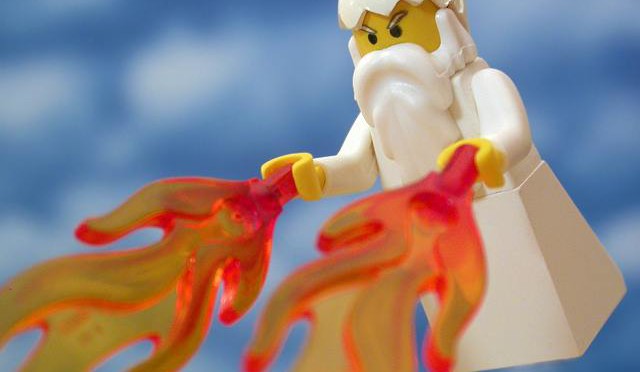“What do you believe, and why?”
. . . is the unofficial motto and often the first question asked of theistic callers to The Atheist Experience. It is the question that drives most religious debates and discussions.
While listening to Tanner Gillibrand on MormonTransitions this past week, I stumbled upon his response to a family member who asked the question of Tanner when he announced his resignation from The Church of Jesus Christ of Latter-Day Saints (…). Tanner’s response, in which he details his desperate efforts to keep his faith, is beautiful, heart-breaking, and brilliant.
This was the hardest time of my life. I used to drive out to the fields in Rexburg and pray out loud for hours, begging God for some light, but it never came. Jesus said, “What man is there among you who, when his son asks for a loaf, will give him a stone?” I begged for a loaf and received nothing. I would have taken a stone over the silence.
[…]
I thought I loved God my whole life. But as I studied the scriptures I realized I could not love such a God. Rather than a God that was found through love, I saw a God that was found through loyalty tests…
Tanner’s family member was brave to ask the question, and Tanner was brave to lay open his story. Reading his letter, however, I realized that I had never been asked that question by my family or by those friends who had raised me to be a good, believing member of The LDS Church. None of them asked me to write on this blog. None of them likely read it.
When I lost my faith, I was taken to a therapist. I told the therapist I didn’t believe The Church anymore. The therapist told my parents. My parents were disappointed, and hurt, but I never remember them asking me why I stopped believing.
After I stopped attending services, my father once asked me if I was going on an LDS Mission. Somewhat befuddled by the idea of giving two years of my life to a religion in which I no longer believed, I answered with a quick, “No.” He asked why not, and I replied impatiently, “Because I don’t believe it anymore.” He never asked a follow up question. Was it because of my teenage attitude or his lack of curiosity? I’ll never know.
Later I ran into a member of the local bishopric and a good friend of my father’s. He asked why I stopped coming to church. I replied that I didn’t believe it anymore, and that I had some problems with some doctrines and beliefs. Before I could go on, he stopped me and told me that he knew people who had left The Church, and knew their problems with The Church, but it didn’t matter. “It’s just true, and I think you know that.”
Instantly dismissive of my thoughts, opinions, and beliefs. How intellectually lazy and willfully ignorant. Though it is highly doubtful, this man may have been able to address some of my concerns, but, for him, it seemed better to dwell in ignorance.
After my child was born, our families passively danced around the issue of religion until I felt it necessary to confront my mother about my lack of beliefs. Though she acknowledged the atheist position, of which she was already aware, she asked no other questions of me. Even when I resigned my membership in The LDS Church, and sent a direct e-mail making my actions known, not a single member of my family, including my innumerable extended family members, asked any variation of, “What do you believe, and why?”
Why are we so afraid to discuss this topic? I am guilty as well. I often want to ask my siblings, father-in-law, brother-in-law, what they believe and why they believe, but I I avoid it – afraid of offending them, as I have been offended. Why is this one topic so volatile? So alarming? Though I study and obsess over these subjects, I never really ask those true believers who are all around me. Are we all really that thin-skinned, or do we just assume that everyone else is so easily distressed?
It is likely part of why I continue to write here; so that I can openly express to strangers what I’d really like to express to those I love. In which case, thank you for reading.
“A prudent question is one-half of wisdom.” – Francis Bacon

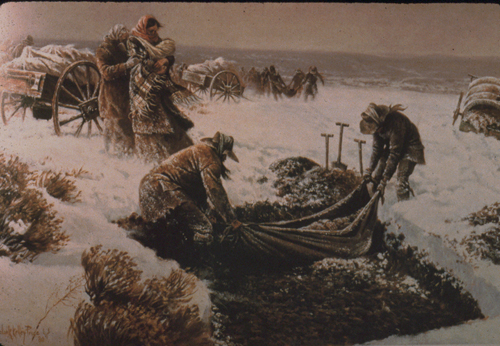
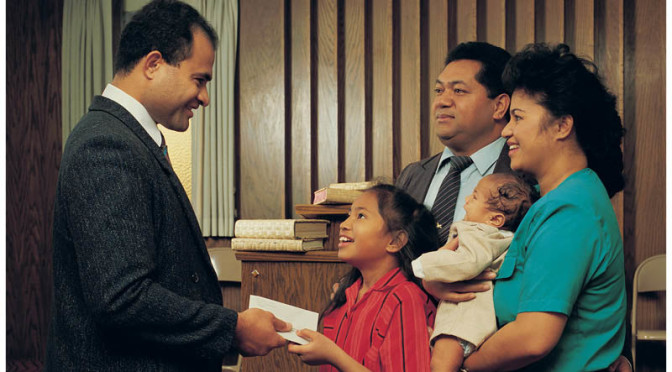

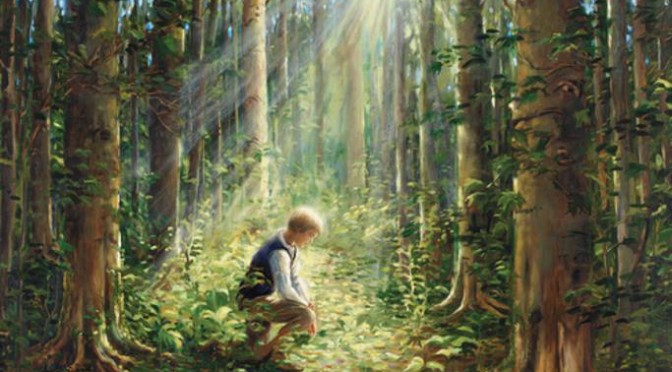
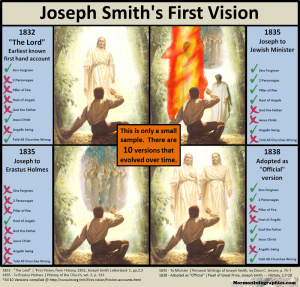

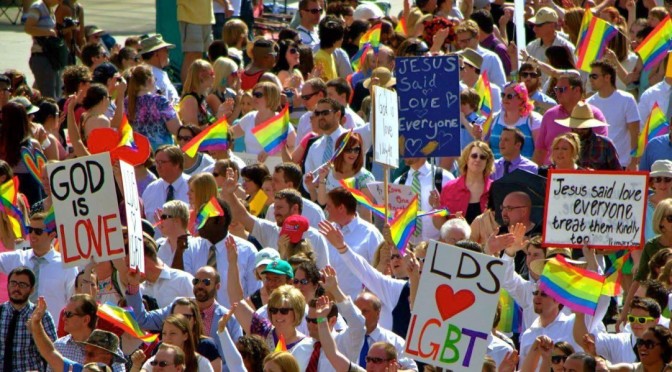

 In the last week there have been 2 significant changes to the LDS “Handbook 1” (which goes to the stake and bishop leadership levels), both relating to homosexuals.
In the last week there have been 2 significant changes to the LDS “Handbook 1” (which goes to the stake and bishop leadership levels), both relating to homosexuals. 